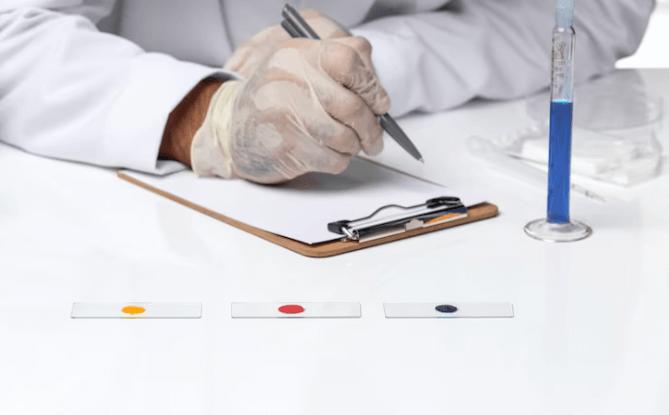When it comes to understanding your health, regular checkups and screenings play a vital role in identifying conditions early. One such important test is the HbsAg test, which is often recommended by doctors for Hepatitis B screening. If you’ve heard about this test but aren’t quite sure what it is or why it’s necessary, this blog will break it all down for you in simple terms.
What Is the HbsAg Test?
The HbsAg test checks for the presence of the Hepatitis B surface antigen in your blood. This antigen is a protein produced by the Hepatitis B virus (HBV). If the test detects this antigen, it indicates that the virus is present in your body.
There are two scenarios when someone may test positive for HbsAg:
- Acute Hepatitis B: A short-term infection that usually resolves on its own with time.
- Chronic Hepatitis B: A long-term infection that can potentially lead to liver damage or even liver cancer if not managed properly.
Why Do Doctors Recommend This Test?
Doctors suggest the HbsAg test for various reasons, primarily to screen for Hepatitis B or monitor its progression. Here are some common scenarios where this test becomes crucial:
- Routine Health Checkups
For many people, Hepatitis B can remain asymptomatic for years, silently causing damage to the liver. This test helps catch the infection early, even before symptoms appear. - Pregnancy Screening
Pregnant women are often advised to undergo an HbsAg test to ensure they don’t pass the infection to their babies during childbirth. If a mother is positive, steps can be taken to protect the baby. - High-Risk Groups
Individuals in professions like healthcare, those who have unprotected exposure to infected blood, or those living with an infected person are more vulnerable to contracting the virus.
A Real-Life Example: Why Early Detection Matters
Consider the story of Priya, a 35-year-old teacher from New Delhi. During a routine checkup, her doctor recommended an HbsAg test. Although she felt completely healthy, the results came back positive. Fortunately, her condition was caught in the acute stage. With proper medical guidance and lifestyle adjustments, Priya was able to recover fully.
Had she skipped the screening, her condition might have worsened, potentially leading to severe liver complications.
Also Read- What is a Urine Routine Test
How Does the Test Work?
The HbsAg test is straightforward and involves drawing a small blood sample. The sample is then tested in a lab for the presence of the Hepatitis B surface antigen. The entire process is quick, usually taking no more than a few minutes.
Depending on the results:
- A negative result means you are free from the Hepatitis B virus.
- A positive result indicates the presence of the virus, and your doctor will guide you on the next steps, which may include further tests or treatment.
Practical Advice: Who Should Get Tested?
If you’re unsure whether you need the HbsAg test, here’s a quick checklist:
- Are you planning a pregnancy?
- Do you work in healthcare or a similar field?
- Have you had a blood transfusion in the past?
- Do you have unexplained fatigue, yellowing of the skin, or dark urine?
- Have you ever shared needles or come into contact with potentially infected blood?
If you answered “yes” to any of these, it’s a good idea to discuss the test with your doctor.
Final Thoughts
The HbsAg test is more than just a medical screening—it’s a proactive step toward protecting your health and the health of those around you. Early detection through this test can make all the difference, allowing for timely treatment and better outcomes.
Don’t wait for symptoms to appear. If your doctor recommends this test, trust their judgment and get screened. Remember, a simple blood test today could safeguard your future health.




